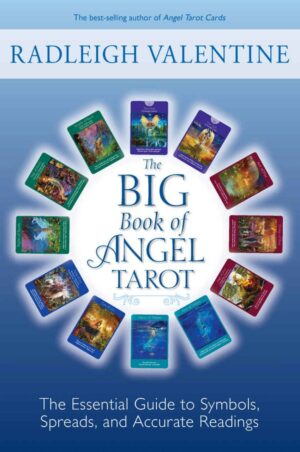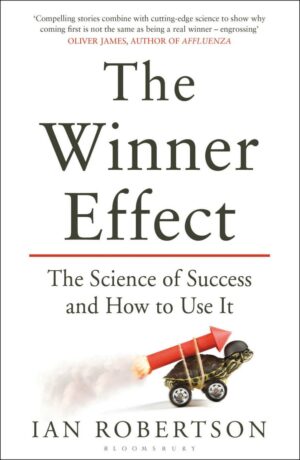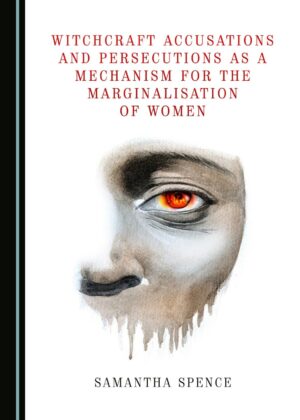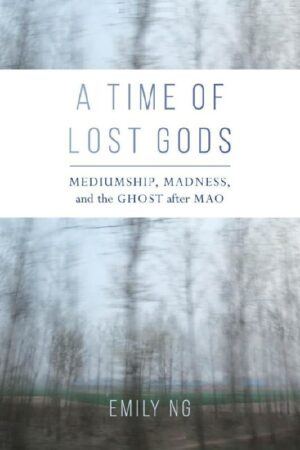11.03.2021
11.03.2021
“The Big Book of Angel Tarot: The Essential Guide to Symbols, Spreads, and Accurate Readings” by Doreen Virtue and Radleigh Valentine
11.03.2021
“The Winner Effect: How Power Affects Your Brain” by Ian Robertson
11.03.2021
“Witchcraft Accusations and Persecutions as a Mechanism for the Marginalisation of Women” by Samantha Spence
11.03.2021





